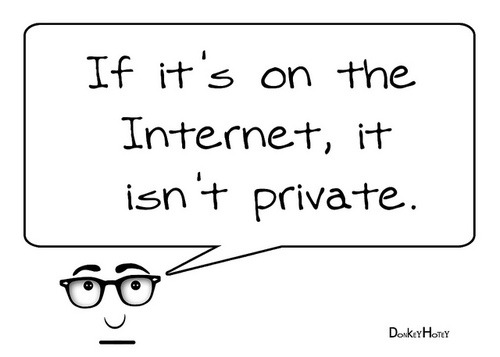What did the Internet look like in 1986? Maybe a tough question. But we can safely assume that it looked nothing like it does today. So why does a law from 1986, the Electronic Communications Privacy Act (ECPA), govern our digital privacy in 2015? Congress has failed to update it.

You might be thinking: “Ok, so it’s 19 years old, but a lot of laws are old. What’s so bad about ECPA?” See our handy infographic to find out.
Today, TechFreedom joined the Electronic Frontier Foundation (EFF) and a broad coalition of groups to support the California Electronic Communications Privacy Act (CalECPA), a comprehensive state bill that aims to update California’s electronic privacy statutes to reflect the realities of the 21st Century. While Congress is also currently considering an update to the statute that governs email privacy, CalECPA goes further, specifically by:
- Requiring California law enforcement to get a search warrant based on a showing of probable cause in order to compel a search of a mobile device or compel a service provider to disclose electronic information, including emails, text messages, digital documents, sensitive metadata, and location information
- Providing notice, reporting, and enforcement provisions that require transparency and oversight to ensure the law is followed
- Containing appropriate exceptions to the warrant requirement to ensure police can continue to effectively and efficiently protect public safety
As EFF summed up in a blog post on the issue:
“In an increasingly digital world, using technology to communicate shouldn’t mean users surrender their privacy rights. We hope the legislature will give CalECPA the serious consideration it deserves and ensure that California remains a leader when it comes to safeguarding digital privacy.”
